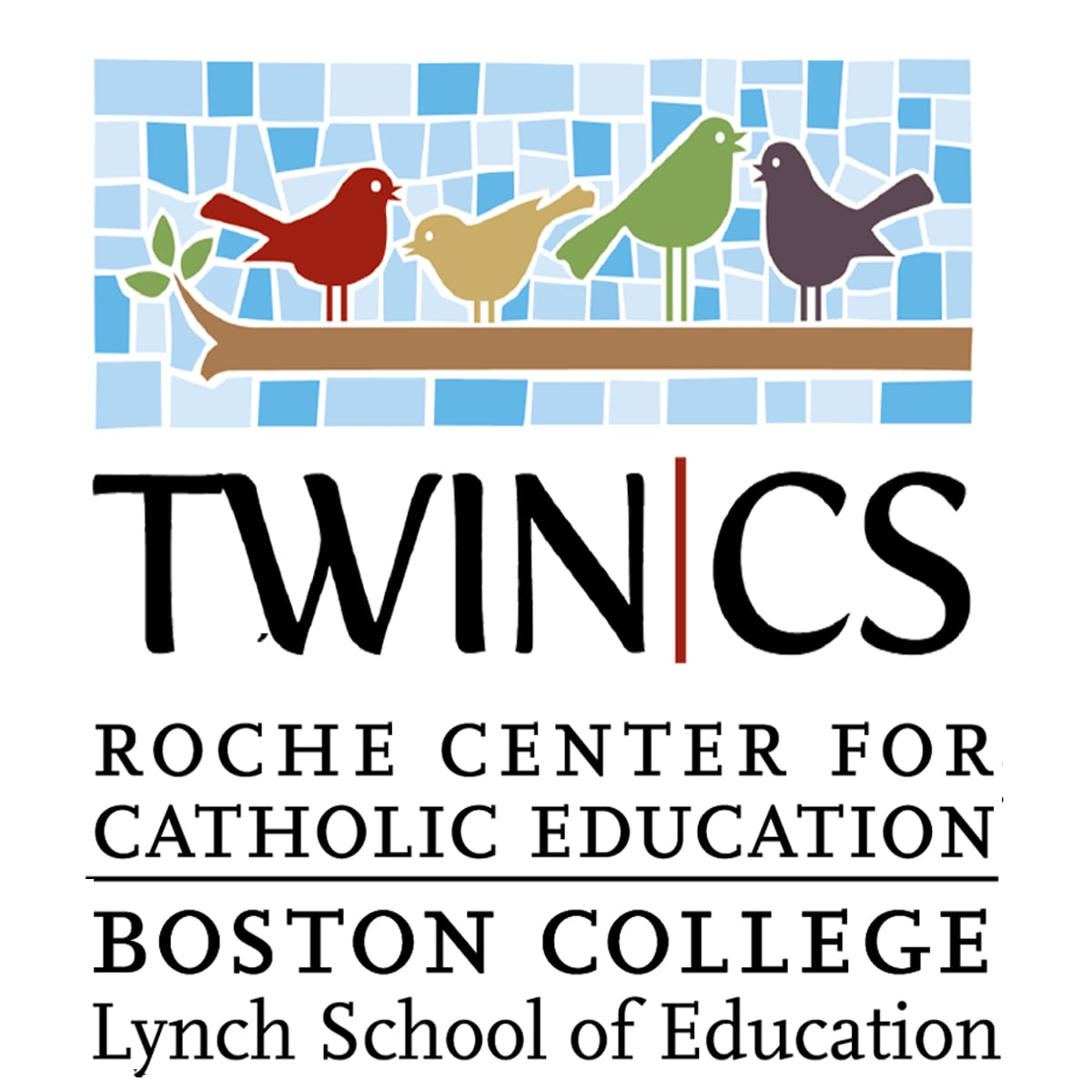Tan Huynh, contributing writer for Edutopia, has written a brief article addressing possible ways to support English Language Learners (ELLs) in your classroom. Using the analogy of “it takes a village to raise a child,” Huynh argues that “the village elders had better work well together, especially when it comes to raising children with different home languages.” In this list taken directly from the article, Huynh addresses development of language, building relationships, differentiated instruction, offering suggestions and feedback, and methods of reflection.
Developing Language:
- DO identify the ways words are used in each discipline
- DON’T expect content teachers to also be teachers of English—especially English as a second language
Building Relationships:
- DO reuse effective strategies that match a content teacher’s style
- DON’T use a co-planning session to point out when a lesson failed
Differentiating Instruction:
- DO identify the content that the English language learners (ELLs) need to learn, how the content teacher intends to teach it (the process), and the product that students are supposed to create to demonstrate understanding
- DON’T expect the ELLs to do less than their peers, or suggest that content teachers present different or less rigorous content
Offering Suggestions and Feedback:
- DO add suggestions using additive phrases such as, “In addition to…, we might consider…,” or “Yes! Let’s do that, and for the ELLs, we can also….”
- DON’T use judgmental phrases such as, “It would be more effective if…,” “A better idea would be…,” or “We can improve on this idea if….”
Reflecting:
- DO privately reflect after each collaboration session to identify what worked well, what you did that the content teachers liked, and what triggered those teachers
- DON’T end a collaboration session without praising the content teacher for something they contributed during the planning
Please find the complete article here which offers practical applications of each of these above-mentioned strategies.

